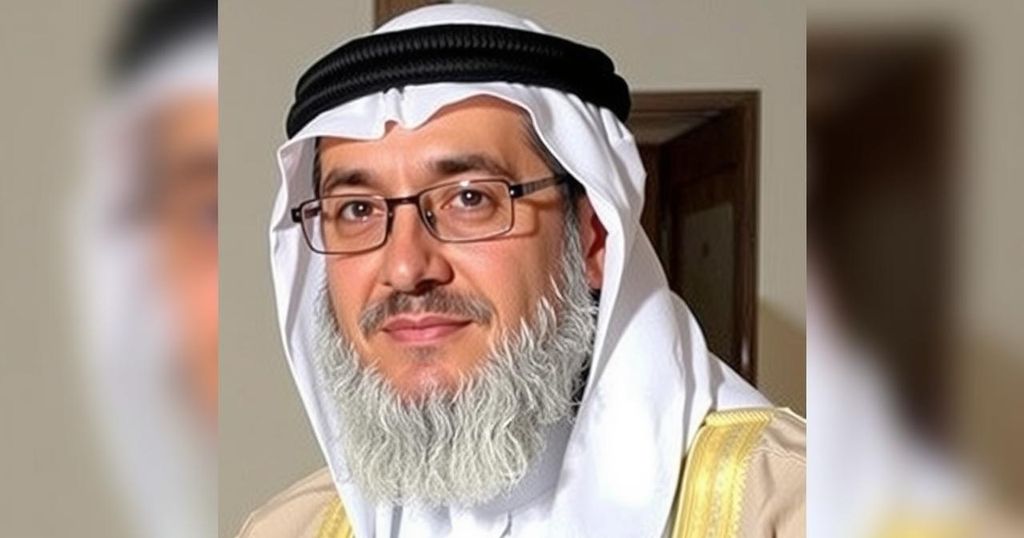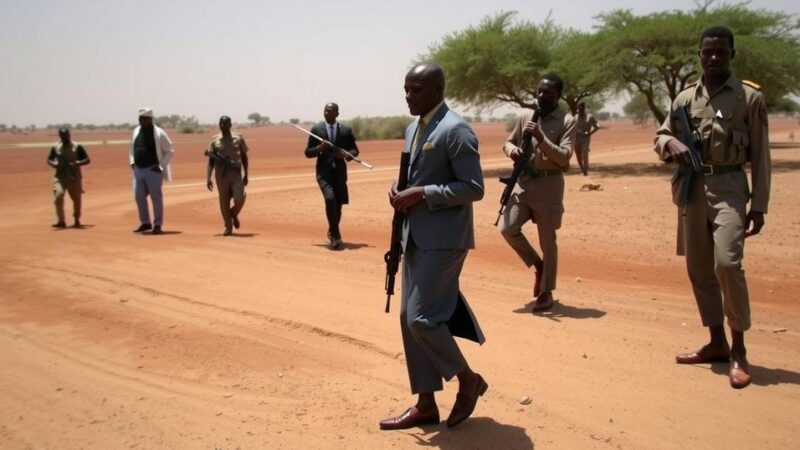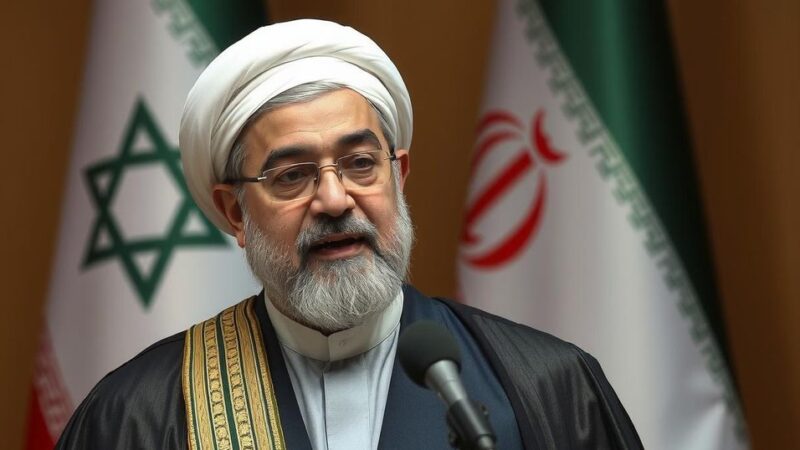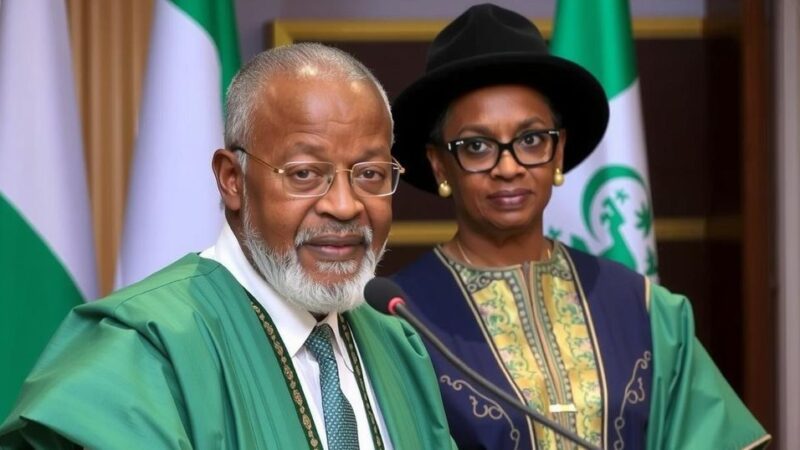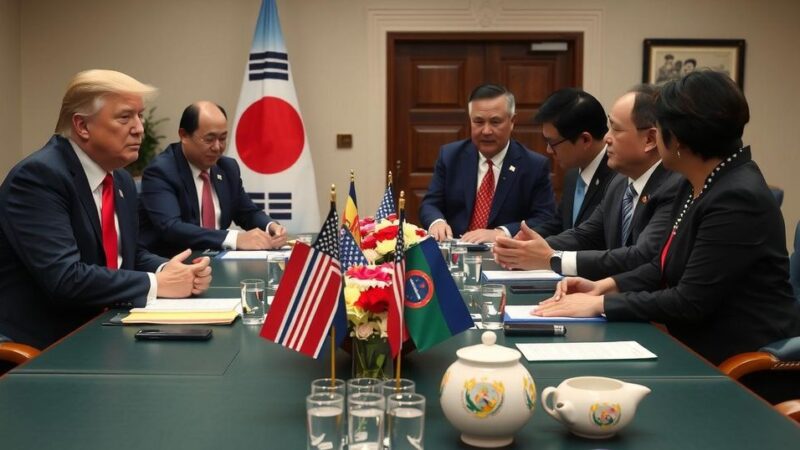Lebanon is preparing to extradite Abdul Rahman al-Qaradawi to the UAE after his detention for making critical remarks against Middle Eastern authorities. Amnesty International urges Lebanon to reject the extradition, expressing concerns over freedom of expression. His lawyer intends to appeal the extradition, fearing his client’s imminent deportation.
Lebanon has announced its intention to extradite Abdul Rahman al-Qaradawi, the son of the late influential Muslim cleric Youssef al-Qaradawi, to the United Arab Emirates (UAE). The decision follows the approval of the Lebanese caretaker cabinet and has generated concern due to the circumstances surrounding Qaradawi’s detention, which occurred on December 28 after he returned from Syria. His lawyer indicated that the arrest stemmed from critical remarks made by Qaradawi against the UAE and other regional authorities in an online video, prompting extradition requests from both the UAE and Egypt.
Amnesty International has intervened, urging Lebanese authorities to reconsider these extradition requests, emphasizing that they appear to be retaliatory measures against Qaradawi’s expression of dissent. His legal representative plans to file an urgent appeal against the extradition, underscoring fears that the poet may be deported before the appeal can be lodged. Youssef al-Qaradawi, who passed away in 2022, was a prominent figure in Islamic thought, particularly noted for his role within the Muslim Brotherhood and his support for the Arab Spring protests.
Abdul Rahman al-Qaradawi’s case is emblematic of the growing tensions surrounding freedom of expression in the Middle East, especially in relation to critics of established political powers. His father, Youssef al-Qaradawi, was a controversial cleric known for his support of Islamism and critics of various Arab regimes, leading to his designation as a terrorist by Saudi Arabia and its allies. The extradition of Abdul Rahman, particularly subsequent to his outspoken criticisms, raises significant concerns regarding governmental reprisals against dissenters and the implications for civil liberties in Lebanon and the broader region.
The pending extradition of Abdul Rahman al-Qaradawi to the UAE highlights notable issues regarding freedom of expression and the treatment of dissent in Middle Eastern politics. While Lebanese authorities have moved towards compliance with extradition requests, human rights organizations advocate for the protection of individuals against political persecution. The outcome of this situation will have implications not only for al-Qaradawi but also for the discourse surrounding state repression and individual rights in the region.
Original Source: www.hindustantimes.com

